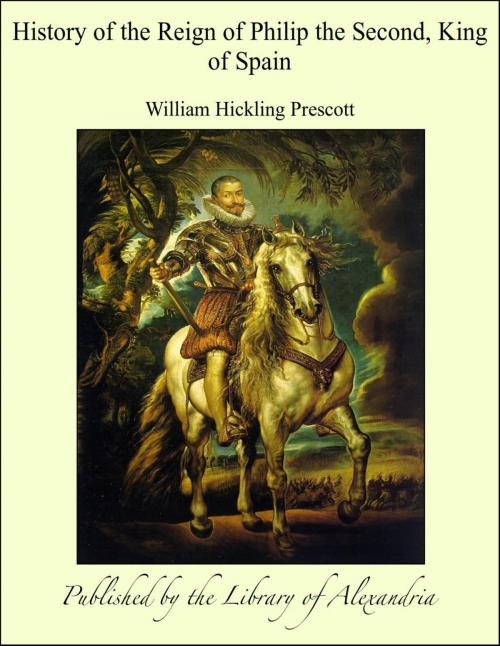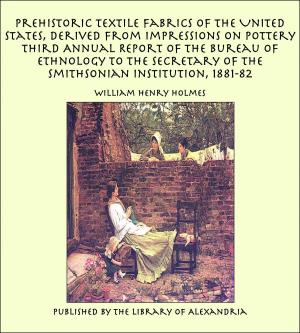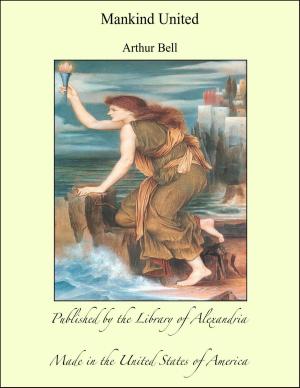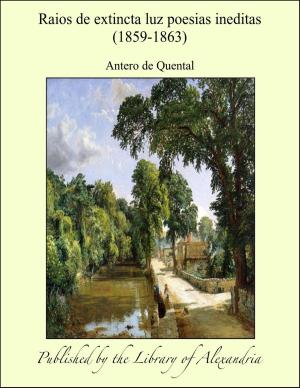History of the Reign of Philip the Second, King of Spain
Nonfiction, Religion & Spirituality, New Age, History, Fiction & Literature| Author: | William Hickling Prescott | ISBN: | 9781465574947 |
| Publisher: | Library of Alexandria | Publication: | March 8, 2015 |
| Imprint: | Language: | English |
| Author: | William Hickling Prescott |
| ISBN: | 9781465574947 |
| Publisher: | Library of Alexandria |
| Publication: | March 8, 2015 |
| Imprint: | |
| Language: | English |
The reign of Philip the Second has occupied the pen of the historian more frequently—if we except that of Charles the Fifth—than any other portion of the Spanish annals. It has become familiar to the English reader through the pages of Watson, who has deservedly found favor with the public for the perspicuity of his style,—a virtue, however, not uncommon in his day,—for the sobriety of his judgments, and for the skill he has shown in arranging his complicated story, so as to maintain the reader's interest unbroken to the end. But the public, in Watson's day, were not very fastidious in regard to the sources of the information on which a narrative was founded. Nor was it easy to obtain access to those unpublished documents which constitute the best sources of information. Neither can it be denied that Watson himself was not so solicitous as he should have been to profit by opportunities which a little pains might have put within his reach,—presenting, in this respect, a contrast to his more celebrated predecessor, Robertson; that he contented himself too easily with such cheap and commonplace materials as lay directly in his path; and that, consequently, the foundations of his history are much too slight for the superstructure. For these reasons, the reign of Philip the Second must still be regarded as open ground for English and American writers. And at no time could the history of this reign have been undertaken with the same advantages as at present, when the more enlightened policy of the European governments has opened their {iv}national archives to the inspection of the scholar; when he is allowed access, in particular, to the Archives of Simancas, which have held the secrets of the Spanish monarchy hermetically sealed for ages.
The reign of Philip the Second has occupied the pen of the historian more frequently—if we except that of Charles the Fifth—than any other portion of the Spanish annals. It has become familiar to the English reader through the pages of Watson, who has deservedly found favor with the public for the perspicuity of his style,—a virtue, however, not uncommon in his day,—for the sobriety of his judgments, and for the skill he has shown in arranging his complicated story, so as to maintain the reader's interest unbroken to the end. But the public, in Watson's day, were not very fastidious in regard to the sources of the information on which a narrative was founded. Nor was it easy to obtain access to those unpublished documents which constitute the best sources of information. Neither can it be denied that Watson himself was not so solicitous as he should have been to profit by opportunities which a little pains might have put within his reach,—presenting, in this respect, a contrast to his more celebrated predecessor, Robertson; that he contented himself too easily with such cheap and commonplace materials as lay directly in his path; and that, consequently, the foundations of his history are much too slight for the superstructure. For these reasons, the reign of Philip the Second must still be regarded as open ground for English and American writers. And at no time could the history of this reign have been undertaken with the same advantages as at present, when the more enlightened policy of the European governments has opened their {iv}national archives to the inspection of the scholar; when he is allowed access, in particular, to the Archives of Simancas, which have held the secrets of the Spanish monarchy hermetically sealed for ages.















